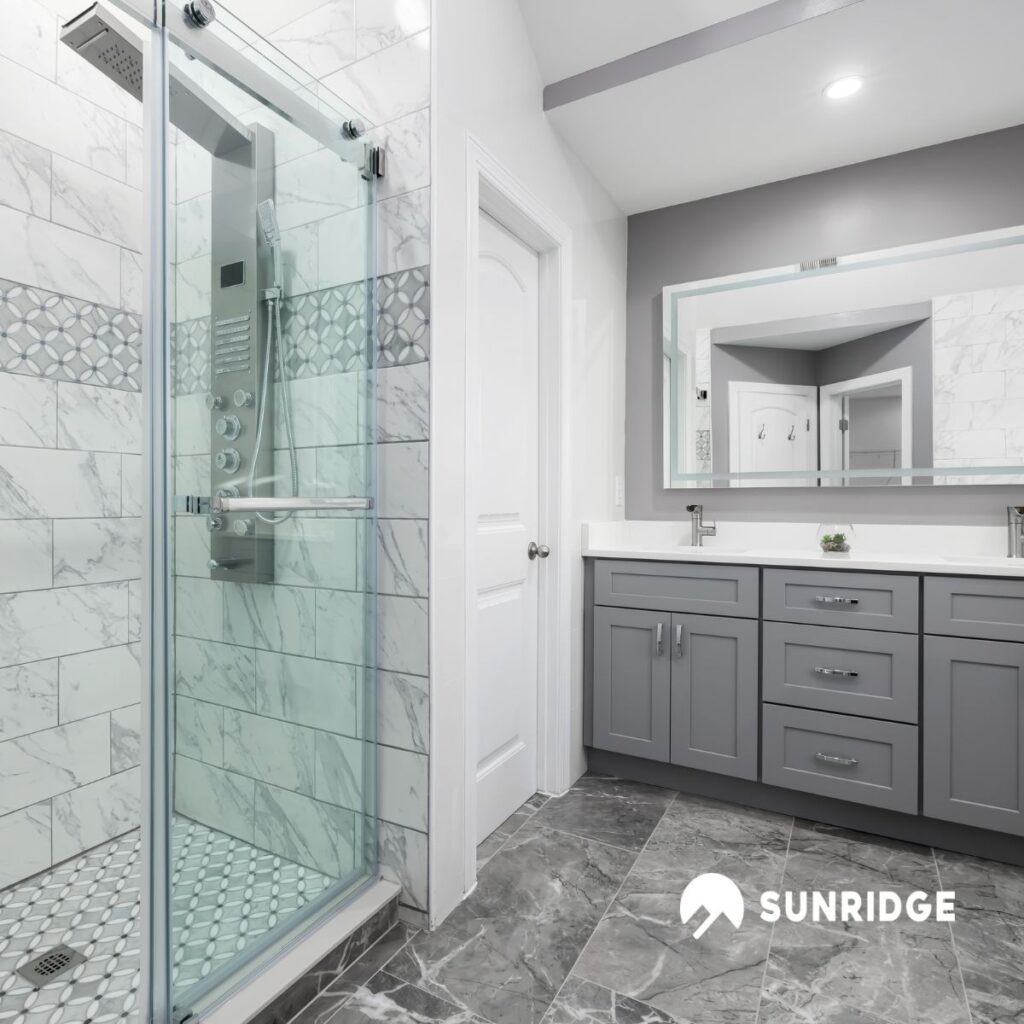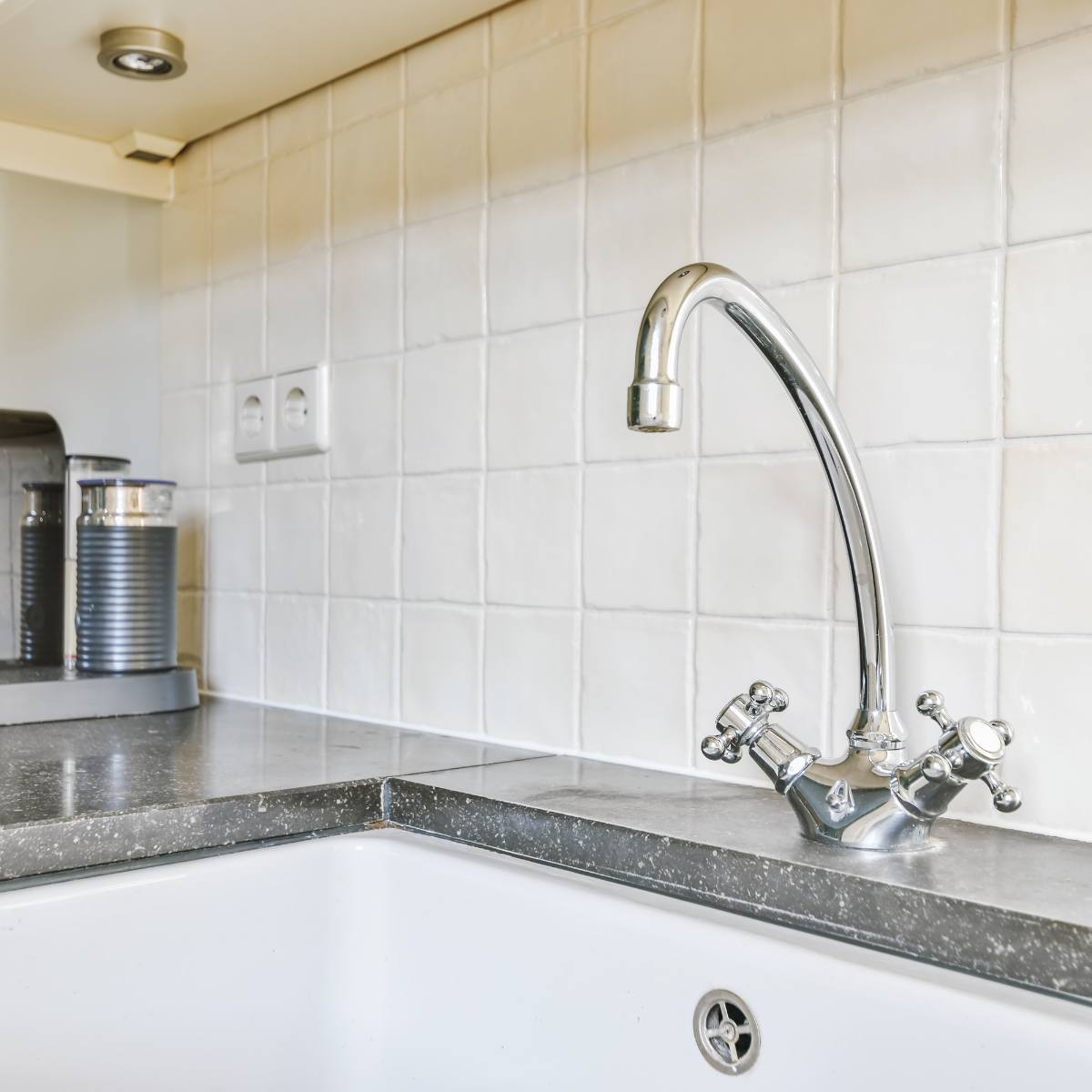Choosing the Right Shower Screen for Your Bathroom
Selecting the ideal shower screen material is a crucial decision that impacts both the functionality and aesthetic appeal of your bathroom. Whether you’re renovating an existing space or designing a new one, understanding the characteristics of different materials will help you make an informed choice.
From tempered glass to acrylic and various frame options, each material offers distinct advantages and potential drawbacks. Modern bathrooms increasingly pair quality shower screens with premium fixtures like Sunridge Rifeng multi-layer piping to create cohesive, long-lasting installations.
This comprehensive guide explores the most popular shower screen materials, helping you weigh durability, maintenance requirements, visual appeal, and cost considerations to find the perfect fit for your home.
Tempered Glass Shower Screens: The Premium Choice
Tempered glass remains the gold standard for shower screens, offering unparalleled clarity and a luxurious appearance that elevates any bathroom design. This heat-treated glass is approximately four to five times stronger than standard glass, making it exceptionally resistant to impacts and thermal stress.
When breakage does occur, tempered glass shatters into small, relatively harmless granules rather than dangerous shards, providing crucial safety benefits for households with children or elderly residents.
The primary advantages of tempered glass include its scratch resistance, longevity, and ease of cleaning – smooth surfaces prevent soap scum and mineral deposits from adhering as stubbornly as they might to textured materials.
However, tempered glass shower screens typically represent the highest initial investment, and they require regular cleaning to maintain their pristine, transparent appearance. Water spots and fingerprints show more prominently on glass surfaces, necessitating consistent maintenance with quality cleaning products to preserve their sparkling finish.
Acrylic Shower Screens: Budget-Friendly Versatility
Acrylic shower screens provide an economical alternative to glass while still delivering satisfactory performance for many bathroom applications. This lightweight plastic material is significantly more affordable than tempered glass and offers excellent impact resistance, making it virtually unbreakable under normal household conditions. Acrylic screens are particularly suitable for family bathrooms where accidental knocks and bumps are more likely to occur.
The material’s flexibility allows for easier installation and greater design versatility, including curved configurations that might prove challenging with glass. Acrylic naturally provides better insulation than glass, helping to retain warmth within the shower enclosure.
Despite these benefits, acrylic does present certain limitations. The material scratches more easily than glass, potentially developing a cloudy or worn appearance over time. It’s also more prone to discolouration from harsh cleaning chemicals and may not offer the same upscale aesthetic that glass provides. When paired with wall mounted shower mixer taps, acrylic screens can still create an attractive, functional bathroom, though they may require replacement sooner than their glass counterparts.
Frameless Shower Screens: Modern Minimalism
Frameless shower screens represent contemporary bathroom design at its finest, creating seamless, spa-like environments that maximise visual space. Constructed from thicker tempered glass panels (typically 8-10mm), these screens eliminate bulky metal frames, relying instead on minimal hardware such as discreet hinges and supports.
The result is an elegant, open aesthetic that allows your bathroom’s design elements – including tiles, fixtures, and finishes – to take centre stage without visual interruption.
Design and Aesthetic Benefits
The absence of frames creates an illusion of expanded space, making frameless screens particularly beneficial in smaller bathrooms where every visual inch matters. These screens complement virtually any design style, from ultra-modern to traditional, and they showcase intricate tilework beautifully.
The minimalist hardware is typically crafted from premium materials like stainless steel or brushed nickel, coordinating elegantly with other bathroom fixtures.
Practical Considerations
Frameless screens command premium pricing due to the thicker glass required and the precision engineering involved in their installation. The heavier glass demands robust wall fixings and professional installation to ensure structural integrity and proper water containment.
Maintenance focuses primarily on keeping the glass spotless and occasionally tightening hardware connections. While the initial investment is substantial, many homeowners find that the timeless elegance and perceived spaciousness justify the additional expenditure.
Semi-Frameless and Framed Options: Traditional Reliability
Semi-frameless and fully framed shower screens offer traditional solutions that balance cost, durability, and water containment. Framed screens feature metal frames around all edges, providing excellent structural support and creating highly effective water seals. These designs typically cost less than frameless alternatives while still offering dependable performance and easier installation requirements.
Semi-frameless screens strike a middle ground, eliminating frames from certain edges (often the door) while maintaining structural framing where needed. This hybrid approach delivers a cleaner aesthetic than fully framed options while remaining more affordable than completely frameless designs. The frames, available in chrome, brushed nickel, matte black, and other finishes, provide opportunities to coordinate with wall mounted shower mixer taps and other bathroom hardware.
The primary drawback of framed screens involves the additional cleaning requirements – frames collect soap residue, moisture, and grime in their tracks and corners, necessitating more intensive maintenance. Over time, the metal frames may corrode or discolour, particularly in humid environments, though quality finishes and regular care substantially extend their lifespan.
Making Your Decision: Factors Beyond Material
Selecting the appropriate shower screen material extends beyond simple aesthetic preferences. Consider your bathroom’s size and layout – smaller spaces benefit from frameless or semi-frameless designs that don’t visually fragment the room.
Evaluate your household’s usage patterns: families with young children might prioritise the safety and affordability of acrylic, while couples seeking a luxurious sanctuary may invest in frameless tempered glass.
Budget constraints naturally influence material choice, but remember to factor in long-term maintenance costs and replacement timelines. A higher initial investment in quality tempered glass may prove more economical over a twenty-year period than replacing acrylic screens every seven years.
Climate and water quality also matter – hard water areas require materials that resist mineral buildup, while humid climates demand corrosion-resistant frame finishes.
Investing in Quality and Functionality
The shower screen material you select fundamentally shapes your daily bathroom experience and influences your home’s value.
Tempered glass offers unmatched clarity, durability, and prestige, while acrylic provides practical affordability for budget-conscious renovations. Frameless designs deliver contemporary elegance that expands visual space, whereas framed options offer traditional reliability and straightforward installation.
By carefully evaluating your priorities – balancing aesthetics, maintenance requirements, safety considerations, and budget constraints – you’ll identify the shower screen material that perfectly suits your lifestyle and enhances your bathroom for years to come.
Remember that quality fixtures, including properly installed shower screens and reliable plumbing systems, represent worthwhile investments in your home’s comfort, functionality, and long-term value.



